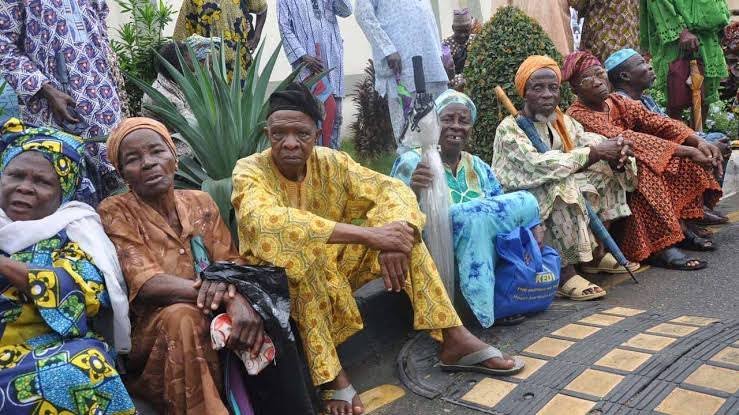Caring for the elderly is a traditional responsibility that society should hold in high regards. As the human population continues to age, it becomes increasingly important to understand and address the needs of the elderly.
Often times, our parents and guardians who cared for us are either forgotten or receive less care and attention in our various villages in our quest for riches and prosperity, thus providing proper care for the elderly not only ensure their well-being, but also honours the contributions they have made throughout their lives.
As we know, physical well-being is a fundamental aspect of caring for the elderly. As individuals age, they often face a range of health issues that require attention and support. It is, therefore, crucial to ensure that elderly individuals have access to regular medical care, proper nutrition, and assistance with daily activities, as needed. Caregivers should pay close attention to their physical health; helping them maintain a balanced diet, engage in regular exercise appropriate for their age, and manage any chronic conditions they may have.
Moreover, it is essential to create a safe and comfortable living environment for the elderly, which could involve making modifications to their homes and activities to prevent accidents, removing tripping hazards, and ensuring proper lighting.
Emotional well-being is equally important in caring for the elderly as many face feelings of loneliness, isolation, and depression, particularly if they have lost a spouse, favourite child or have limited social interactions. It is crucial to provide emotional support and companionship to combat these feelings such as engaging them in meaningful conversations, listening to their stories, and involving them in decision-making that can greatly contribute to their emotional well-being.
It is also essential to treat them with the utmost respect, acknowledging their life experiences, wisdom, and individuality. We should actively involve them in decision-making processes and respect their preferences and ensure that they are treated with kindness, patience, and understanding, even in challenging situations.
In all, caring for the elderly requires a holistic approach that addresses their physical, emotional, and social needs. While upholding their respect and dignity by providing proper physical care, emotional support, opportunities for social interaction, and a deep sense of respect, we can ensure that the elderly are able to age with grace, comfort, and a good life. It is a responsibility that should be embraced by the society as a whole, recognizing and valuing the contributions of our elderly population.
Written by CHIBUZO OBIDIKE





Comments are closed for this post.